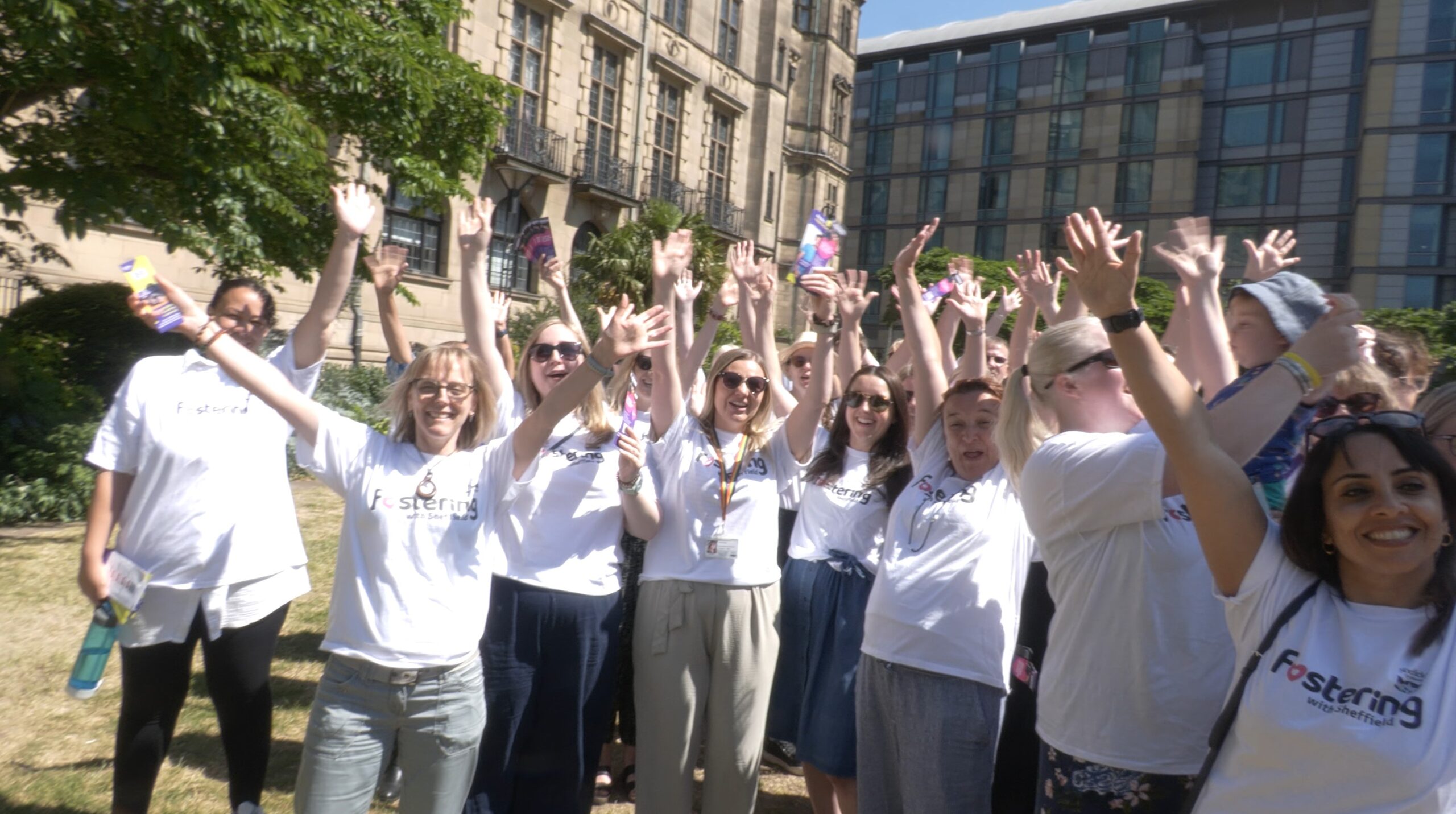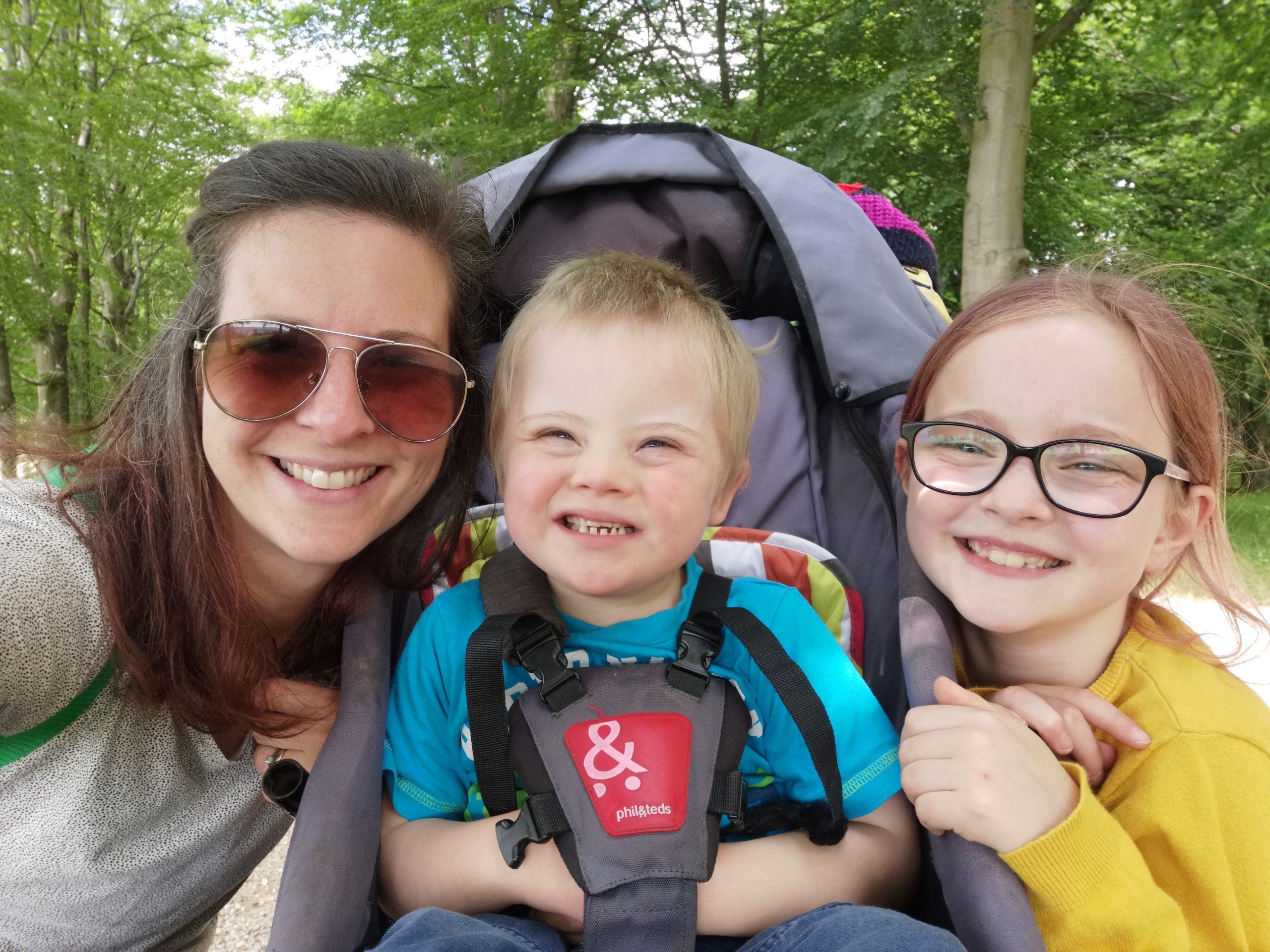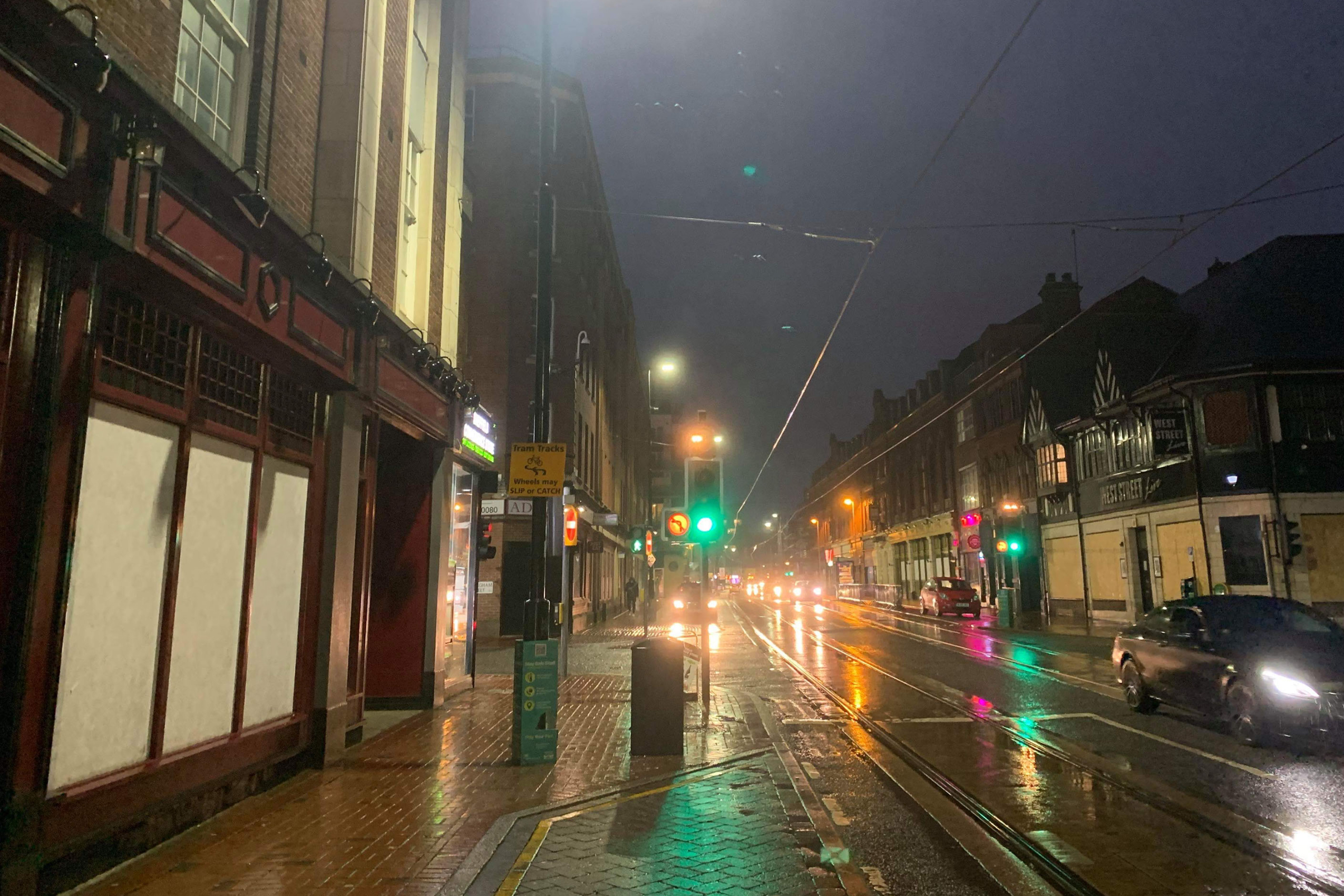Two more Sheffield students came forward saying they have been spiked just after the government urged victims of spiking to share their stories as part of a new inquiry.
It is taking evidence from people who have been spiked by injection or know someone who has.
Spiking took a sharp rise after lockdown restrictions were lifted and is mainly affecting women, particularly students.
One Sheffield student ended a night out in A&E and said she felt “violated” after it was suspected she had been spiked.
Mia Rousso posted a statement on Facebook about her experience to raise awareness of spiking.
She said: “It is happening a lot more regularly in Sheffield.”
She recounts feeling dizzy despite only having a few drinks and said: “After sitting there for a while, I felt myself deteriorating and noticing I was starting to find it difficult to get my words out.
“I also started losing my balance.
“My vision had gone blurry and I was disorientated.
“I was super careful with my drinks as I always am, but still this happened and unfortunately, there was nothing more I could have really done to prevent this from happening.”
Another young woman in Sheffield who didn’t wish to be named told Sheffield Wire that a friend of hers ended up in a critical condition in hospital after being spiked: “She nearly died.
“They [the perpetrators] are only going after the vulnerable and girls can’t remember what’s happened.
“They could die from it.”
In the past, spiking was commonly caused by substances being placed in drinks. However, it is becoming increasingly common for people to secretly inject women on nights out.
In response to the rise in spikings, women and girls across the UK boycotted nightclubs as part of the Girls’ Night In campaign to highlight the issue of spiking.
View this post on Instagram
A group of Sheffield students created the Claim Back West Street campaign in response to the rise in spiking to make safer a popular nightlife destination in Sheffield.
Some of the measures included calling on West Street bars to implement anti-spiking measures, creating safe spaces within West Street, and introducing Street Angels (people who actively patrol the streets during busy nightlife periods) to Sheffield.
The inquiry is collecting victims’ experiences until 5 January and will remain open to gather views and opinions from the public on how spiking should be addressed until 19 January.
Sheffield Wire has contacted the South Yorkshire Police for a comment on how the local police force is approaching the problem.




